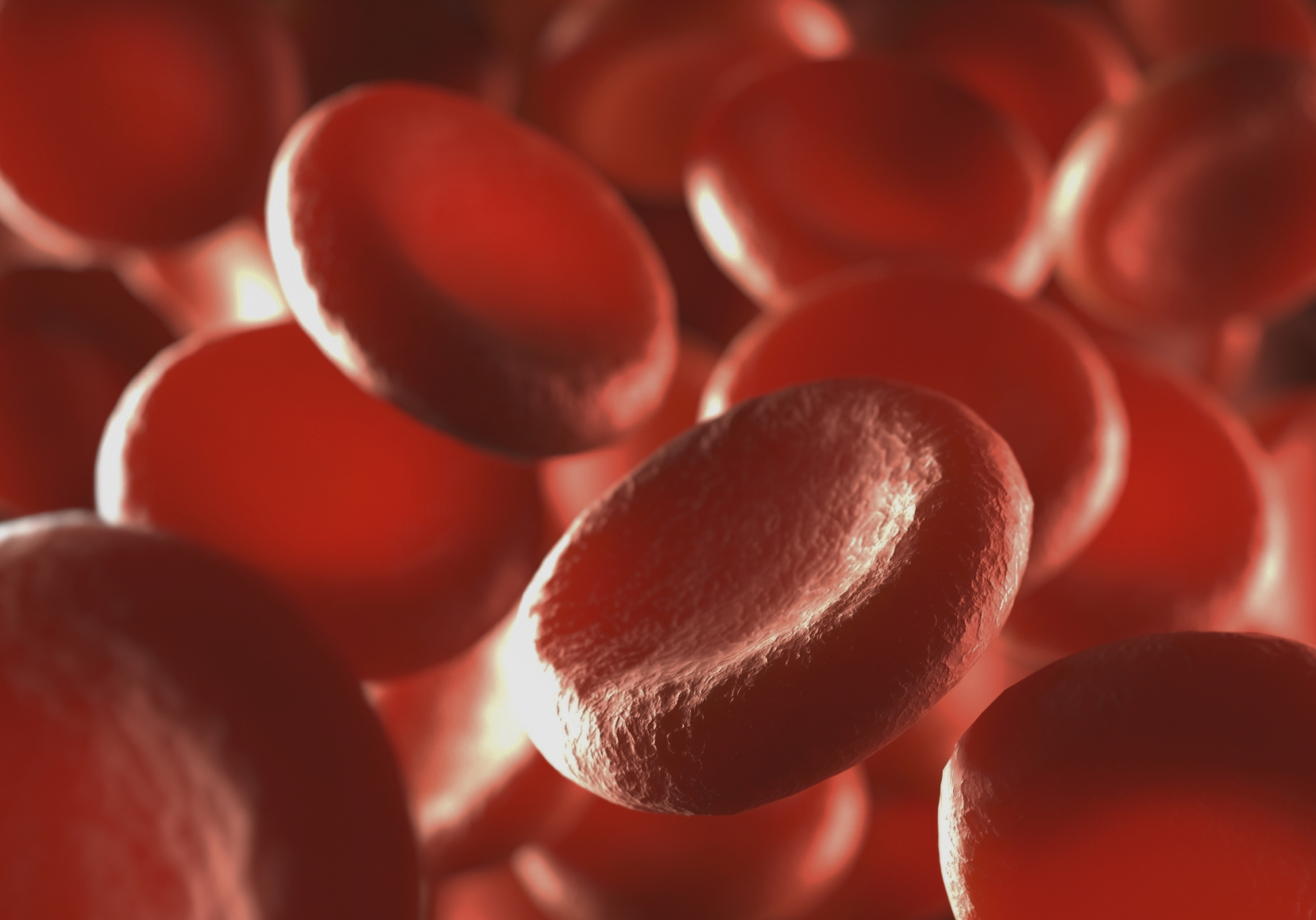Sanofi trumpets data with haemophilia treatment duo at ISTH

Sanofi R&D in its core haemophilia category is advancing on three fronts – engineered proteins, RNA interference drugs and gene therapies – and highlighted results in two of those at the International Society on Thrombosis and Haemostasis (ISTH) congress over the weekend.
First up is Alnylam-partnered RNAi candidate fitusiran, an antithrombin-targeting agent in development as a treatment for haemophilia A and B with as few as six injections per year, making it a potential rival to Roche's big-selling therapy Hemlibra (emicizumab).
New data from the ATLAS-PPX trial reported at ISTJ showed that fitusiran given as a once-monthly subcutaneous injection resulted in a 61% reduction in the annualised bleed rate (ABR) over seven-month follow-up period compared to prior therapy with either blood clotting factor replacement or bypassing agents (BPAs).
In real terms that meant bleeding episodes were reduced to zero in almost two thirds (63%) of adolescents and adults in the fitusiran group, compared to 17% with prior factor or BPA prophylaxis, said Sanofi.
One issue dogging the programmes has been cases of blood clots in late-stage trials, which prompted the FDA to place the drug under a clinical hold a few years ago.
While Sanofi is looking at using a lower dose to try to reduce the risk, there were still two cases reported in the study, which the company said was "consistent with the previously identified risk" with fitusiran.
The company had been eyeing a possible regulatory filing for fitusiran this year, but has now set back the timeline – possibly until 2024 – while it gathers data on the revised dosing schedule, in the hope of maintaining efficacy with fewer clotting side effects.
Closer to market is Sobi-partnered efanesoctocog alfa (also known as BIVV001), an engineered recombinant Factor VIII designed to sustain high protection from bleeds in people with haemophilia A with once-weekly dosing.
Updated results from the phase 3 XTEND-1 trial were presented at ISTH, once again comparing the therapy to patients' previous treatment with clotting factor replacement.
The study met the primary efficacy target, with efanesoctocog alfa providing "clinically meaningful" bleed protection for people with severe haemophilia A and allowing them to achieve "near-normal" Factor VIII levels in the blood.
All told, there was a 77% reduction in ABR versus prior therapy to 0.69 from 2.96 episodes in the study.
Efanesoctocog alfa is being developed as a successor to Eloctate (efmoroctocog alfa), Sanofi and Sobi's current factor VIII drug that is dosed every four days but has seen its sales decline in an increasingly competitive market.
Sanofi acquired the drug when it bought Bioverativ in 2018 for $11.6 billion, and the company has previously said it thinks it has the potential to become a $2 billion-a-year blockbuster.
That was before the spectacular success of Hemlibra, a bispecific antibody-based drug that mimics the function of Factor VIII by bridging clotting factors on either side of it in the clotting pathway.
Sales of Roche's drug have rocketed to $3 billion since its first approval in 2017, thanks to canny pricing that makes it cheaper than current factor therapies and flexible dosing every one, two or four weeks, depending on the patient need.
Sanofi sees efanesoctocog alfa's greatest potential in patients already taking factor VIII drugs, a $5 billion market, and also maintains that its profile will be "competitive" against treatments like Hemlibra, for example among patients experiencing breakthrough bleeds with Roche's drug.













